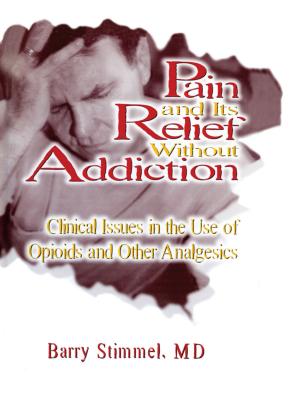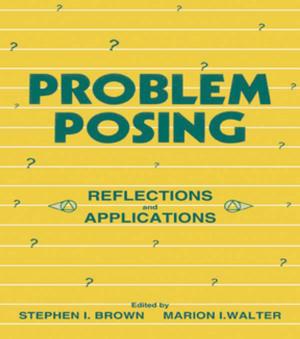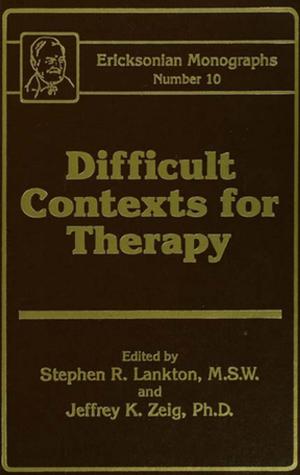| Author: | ISBN: | 9781317843610 | |
| Publisher: | Taylor and Francis | Publication: | October 31, 2013 |
| Imprint: | Psychology Press | Language: | English |
| Author: | |
| ISBN: | 9781317843610 |
| Publisher: | Taylor and Francis |
| Publication: | October 31, 2013 |
| Imprint: | Psychology Press |
| Language: | English |
This book is the result of a spirited debate stimulated by a recent meeting of the Society of Multivariate Experimental Psychology. Although the viewpoints span a range of perspectives, the overriding theme that emerges states that significance testing may still be useful if supplemented with some or all of the following -- Bayesian logic, caution, confidence intervals, effect sizes and power, other goodness of approximation measures, replication and meta-analysis, sound reasoning, and theory appraisal and corroboration.
The book is organized into five general areas. The first presents an overview of significance testing issues that sythesizes the highlights of the remainder of the book. The next discusses the debate in which significance testing should be rejected or retained. The third outlines various methods that may supplement current significance testing procedures. The fourth discusses Bayesian approaches and methods and the use of confidence intervals versus significance tests. The last presents the philosophy of science perspectives.
Rather than providing definitive prescriptions, the chapters are largely suggestive of general issues, concerns, and application guidelines. The editors allow readers to choose the best way to conduct hypothesis testing in their respective fields. For anyone doing research in the social sciences, this book is bound to become "must" reading.
This book is the result of a spirited debate stimulated by a recent meeting of the Society of Multivariate Experimental Psychology. Although the viewpoints span a range of perspectives, the overriding theme that emerges states that significance testing may still be useful if supplemented with some or all of the following -- Bayesian logic, caution, confidence intervals, effect sizes and power, other goodness of approximation measures, replication and meta-analysis, sound reasoning, and theory appraisal and corroboration.
The book is organized into five general areas. The first presents an overview of significance testing issues that sythesizes the highlights of the remainder of the book. The next discusses the debate in which significance testing should be rejected or retained. The third outlines various methods that may supplement current significance testing procedures. The fourth discusses Bayesian approaches and methods and the use of confidence intervals versus significance tests. The last presents the philosophy of science perspectives.
Rather than providing definitive prescriptions, the chapters are largely suggestive of general issues, concerns, and application guidelines. The editors allow readers to choose the best way to conduct hypothesis testing in their respective fields. For anyone doing research in the social sciences, this book is bound to become "must" reading.















